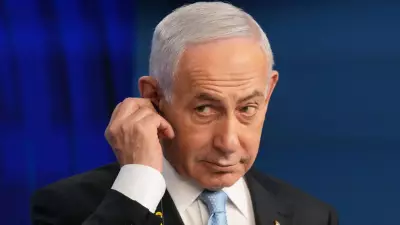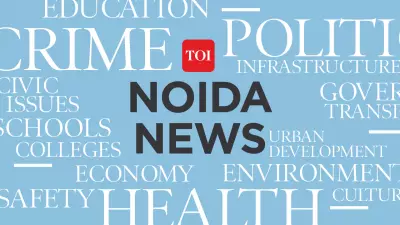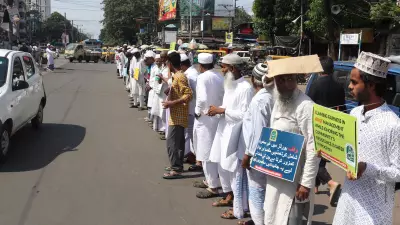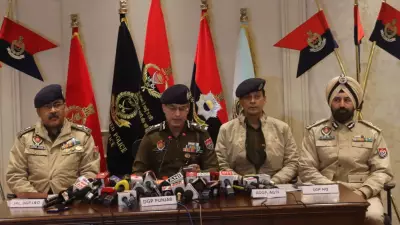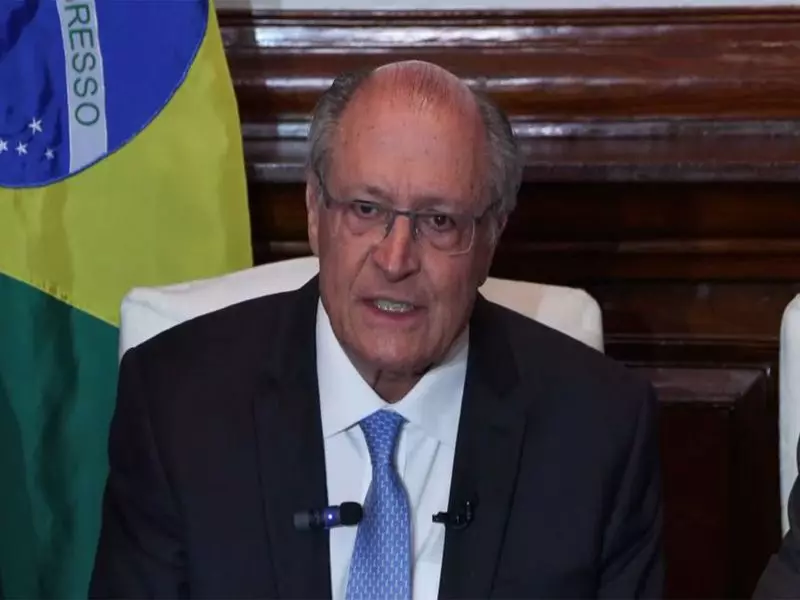
In a strong rebuttal to former US President Donald Trump's recent criticism of multilateral organizations, Brazilian Vice President Geraldo Alckmin has positioned the BRICS bloc as a vital force for balanced global governance and international cooperation.
The high-profile defense came during the 15th BRICS summit in South Africa, where Alckmin emphasized the group's growing significance in creating a more equitable world order. "BRICS represents a powerful alternative vision for global governance," Alckmin stated, underscoring the bloc's commitment to multilateral approaches.
Trump's Anti-Multilateralism Stance
The Brazilian leader's comments arrive as Donald Trump intensifies his attacks on international institutions, recently declaring he would "stop giving money to these useless international organizations" if re-elected. Trump's America-first rhetoric has raised concerns among global leaders about the future of cooperative governance.
Alckmin directly addressed these concerns, noting that "in a world facing complex challenges from climate change to economic instability, no single nation can solve these issues alone."
BRICS: Expanding Global Influence
The timing of this exchange highlights BRICS' accelerating momentum as a counterweight to Western-dominated institutions. With six new members set to join in 2024—Argentina, Egypt, Ethiopia, Iran, Saudi Arabia, and the United Arab Emirates—the bloc's economic and political influence continues to expand.
"The expansion demonstrates the growing appeal of the BRICS vision," Alckmin remarked, pointing to the group's focus on sustainable development and inclusive growth.
Economic Power in Numbers
The significance of BRICS extends beyond diplomatic positioning. The original five members—Brazil, Russia, India, China, and South Africa—represent over 40% of the global population and approximately 26% of the world's economy. With new members, this economic footprint becomes even more substantial.
Alckmin highlighted how BRICS institutions like the New Development Bank are creating viable alternatives to traditional Western financial systems, offering developing nations new avenues for growth and cooperation.
The Road Ahead
As geopolitical tensions intensify, the BRICS versus unilateralism debate takes on renewed importance. Alckmin's strong defense signals Brazil's commitment to the bloc's principles, even as it maintains relationships with Western partners.
The coming year, with BRICS expansion and critical elections worldwide, may determine whether multilateral approaches can withstand the pressure from rising nationalist sentiments.

